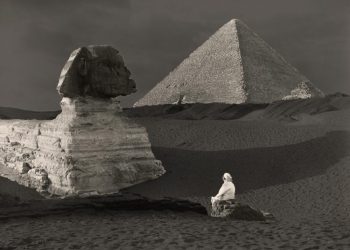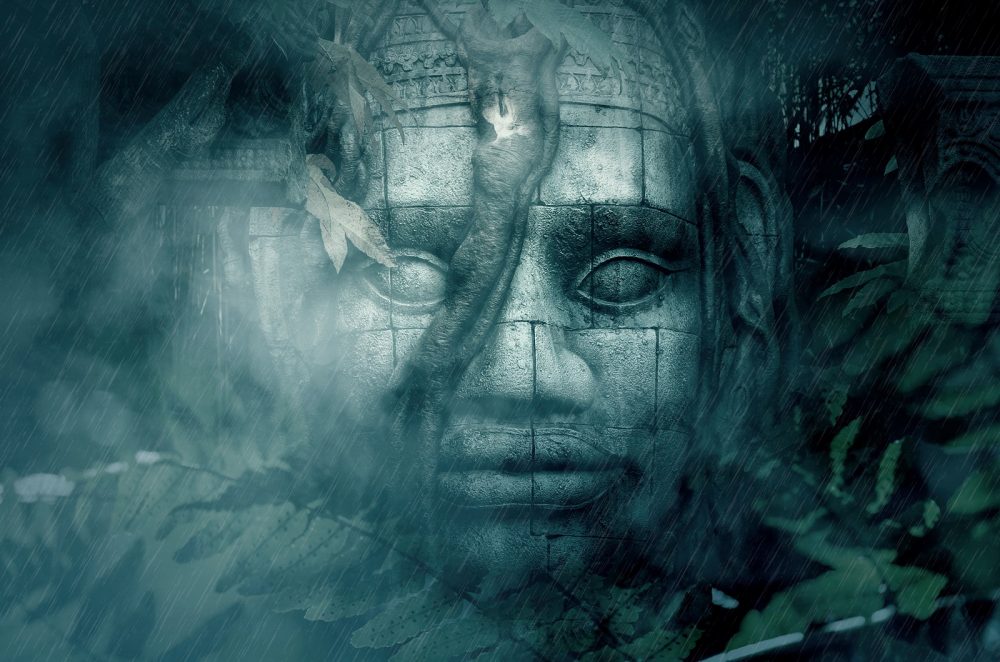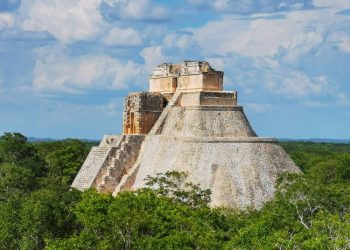Nikola Tesla once said, “If you want to find the secrets of the universe, think in terms of energy, frequency, and vibration.” This statement aligns perfectly with the essence of Om, a sound deeply intertwined with the fabric of existence. From ancient Hindu and Buddhist traditions to modern spiritual practices, Om represents the universal vibration that connects all things.
But what does Om truly mean? Why is it considered so powerful?
The Sacred Sound of Om
Most people have encountered the word Om at some point, whether in movies, yoga studios, or meditation sessions. But beyond its widespread use, Om carries immense spiritual and philosophical depth.
Om (pronounced AUM) is one of the most significant and sacred mantras in Dharmic religions such as Hinduism and Buddhism. It symbolizes Brahman, the ultimate reality, and is considered the foundational sound of the universe.
The Sound of Creation
In Hindu philosophy, Brahman is the highest universal principle, representing the infinite, eternal, and unchanging reality. Om is not just a sound but a spiritual vibration that embodies this supreme existence.
The Upanishads, ancient Hindu scriptures, describe Om as the primordial sound—the origin of all other mantras. It is believed that the entire universe emerged from this sacred syllable, making it the sonic essence of creation.
Om is also deeply connected to the Trimurti, the Hindu trinity of deities:
- Brahma (the creator)
- Vishnu (the preserver)
- Shiva (the destroyer)
Each aspect of Om (A-U-M) is said to correspond to these three cosmic forces, symbolizing the cyclic nature of existence—creation, preservation, and dissolution.
Om as Energy and Frequency
Om is more than a spiritual chant; it is the vibrational frequency of the universe. When spoken or chanted, Om resonates at a frequency of 432 Hz, which some researchers believe is in harmony with the natural frequency of the Earth.
This concept aligns with Tesla’s assertion that energy, frequency, and vibration are the keys to understanding the universe. Om embodies all three—it is energy in motion, a frequency that unites everything, and a vibration that connects us to the cosmos.
When we chant Om, we attune ourselves to this cosmic rhythm, fostering a deeper connection with life, nature, and the universe itself.
Om in Meditation and Spiritual Practices
Chanting Om is a powerful tool in meditation. It is believed to:
- Calm the mind and reduce stress
- Enhance focus and awareness
- Deepen spiritual connection
- Promote inner peace and balance
In Hindu and Buddhist traditions, Om is chanted before and after prayers, symbolizing the beginning and end of spiritual practice. It is also considered a path to moksha (spiritual liberation), helping practitioners transcend the material world and reach higher states of consciousness.
Om and Amen: A Mysterious Connection?
Interestingly, some scholars and esoteric researchers have drawn parallels between Om and the Hebrew word Amen (אמן), often used at the end of prayers. Both words carry the essence of affirmation, divinity, and universal truth, suggesting a deeper, cross-cultural significance of sacred sounds throughout history.
Om isn’t just a sound you hear in yoga classes or meditation sessions—it’s a vibration that has echoed through centuries, carrying deep spiritual and philosophical meaning.
It’s one of the oldest and most powerful mantras, woven into the fabric of Hinduism and Buddhism, representing creation, existence, and the connection between the physical and the divine.
For those who chant it, Om is more than a word—it’s a feeling. It’s a way to tune into something greater, whether that means the universe, higher consciousness, or simply a deeper sense of self-awareness.
The next time you hear or say Om, think about what it really represents. It’s not just a syllable—it’s a reminder that everything, from the tiniest atom to the vastness of the cosmos, is in motion, vibrating, and connected.











